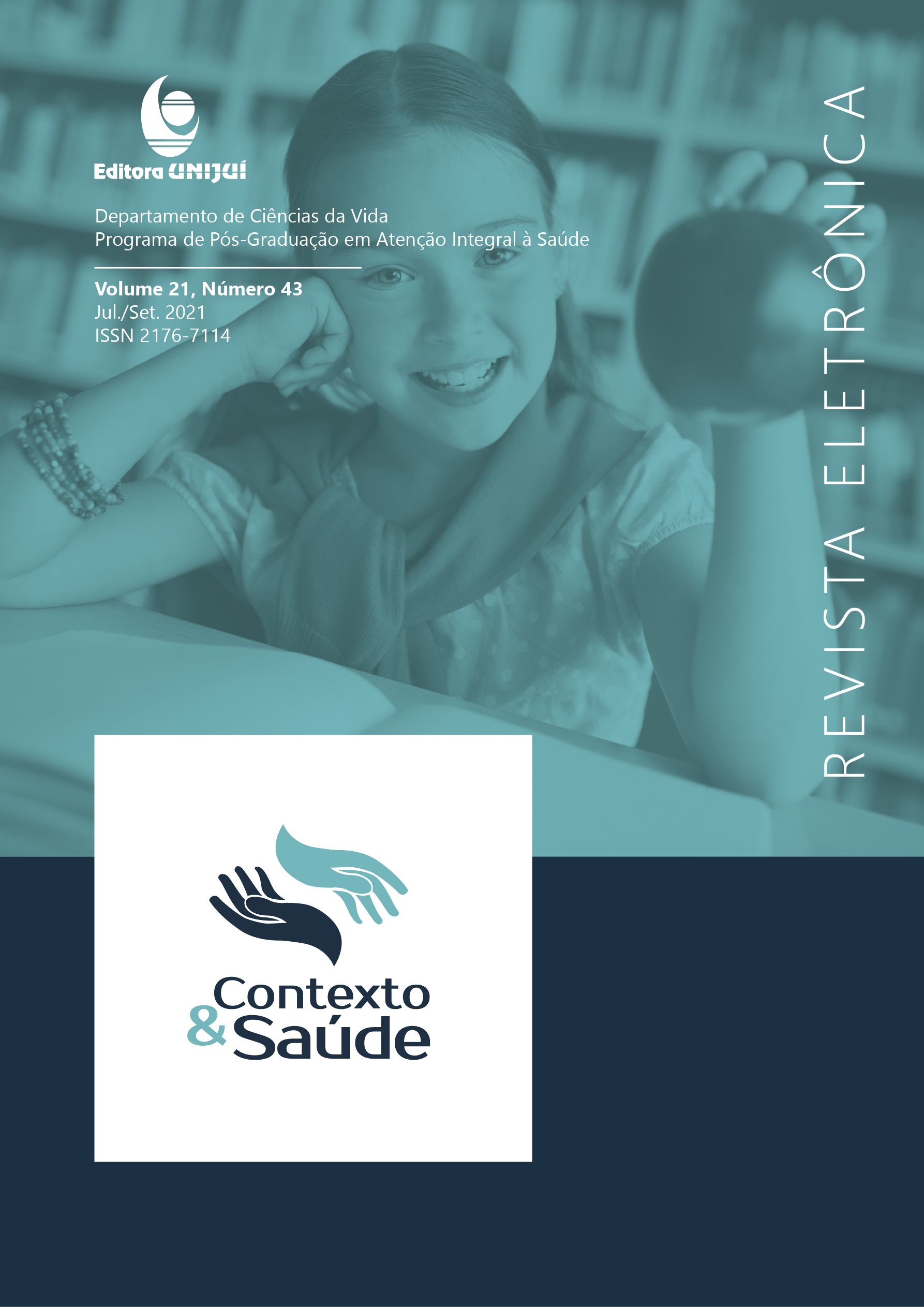The Effect of Aerobic Exercise on Depression and Academic Performance of University Students with Autism Spectrum Disorder
The role of exercise in autism
DOI:
https://doi.org/10.21527/2176-7114.2021.43.11295Keywords:
Autism Spectrum Disorder (ASD), Aerobic Exercise, Mood, Depression, Academic Performance, University StudentsAbstract
Depression is the most common Autism Spectrum Disorder (ASD) co-morbidities, and have been shown to relate to significantly poorer life functioning. ASD can also result in social isolation, debilitating moods, and stereotypical behaviors, which can negative effect academic performance. Young adults with ASD are less likely to enroll in college than are people with other types of disabilities. The aim of this study is to examine the effect of an exercise program on depression and academic performance within university students with ASD. University students with ASD participated in a circuit training exercise protocol for three weeks. Depressive mood states were measured pre-and-post exercise session by a self-report questionnaire, whereas, academic performance was evaluated pre-and-post study by the professor. Participants mood improved after a bout of exercise on the first training day, however, it was not observed in the following weeks. There were no changes in academic performance. Exercise might be effective on academic performance when the protocol is performed at a longer rate. However, a bout of exercise prior to class could ameliorate ASD university student performance during class by the improvement of depression.
Downloads
Published
How to Cite
Issue
Section
License

This work is licensed under a Creative Commons Attribution 4.0 International License.
By publishing in Revista Contexto & Saúde, authors agree to the following terms:
The works are licensed under the Creative Commons Atribuição 4.0 Internacional (CC BY 4.0) license, which allows:
Share — to copy and redistribute the material in any medium or format;
Adapt — to remix, transform, and build upon the material for any purpose, including commercial.
These permissions are irrevocable, provided that the following terms are respected:
Attribution — authors must be properly credited, with a link to the license and indication of any changes made.
No additional restrictions — no legal or technological measures may be applied that restrict the use permitted by the license.
Notes:
The license does not apply to elements in the public domain or covered by legal exceptions.
The license does not grant all rights necessary for specific uses (e.g., image rights, privacy, or moral rights).
The journal is not responsible for opinions expressed in the articles, which are the sole responsibility of the authors. The Editor, with the support of the Editorial Board, reserves the right to suggest or request modifications when necessary.
Only original scientific articles presenting research results of interest that have not been published or simultaneously submitted to another journal with the same objective will be accepted.
Mentions of trademarks or specific products are intended solely for identification purposes, without any promotional association by the authors or the journal.
License Agreement (for articles published from September 2025): Authors retain copyright over their article and grant Revista Contexto & Saúde the right of first publication.

